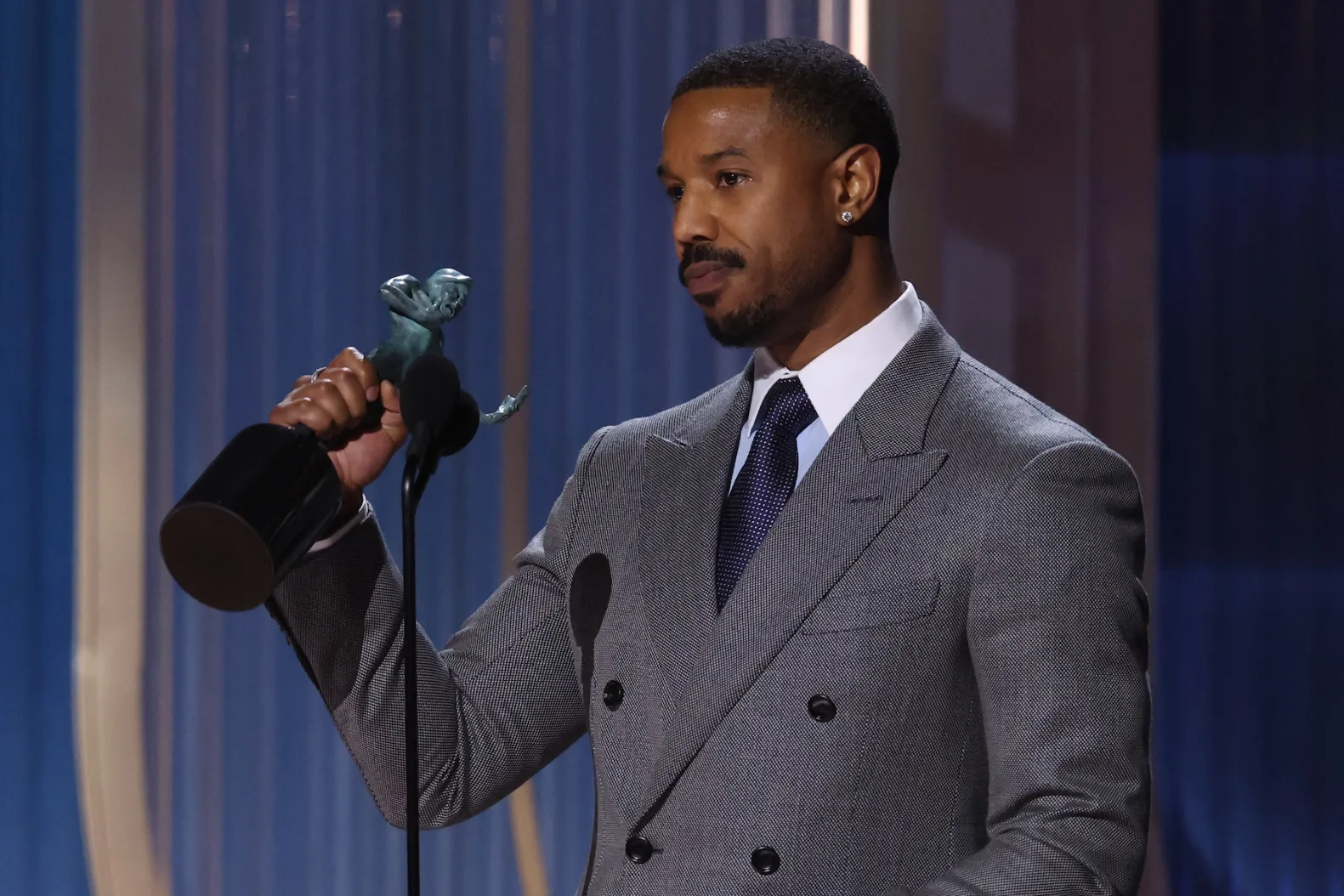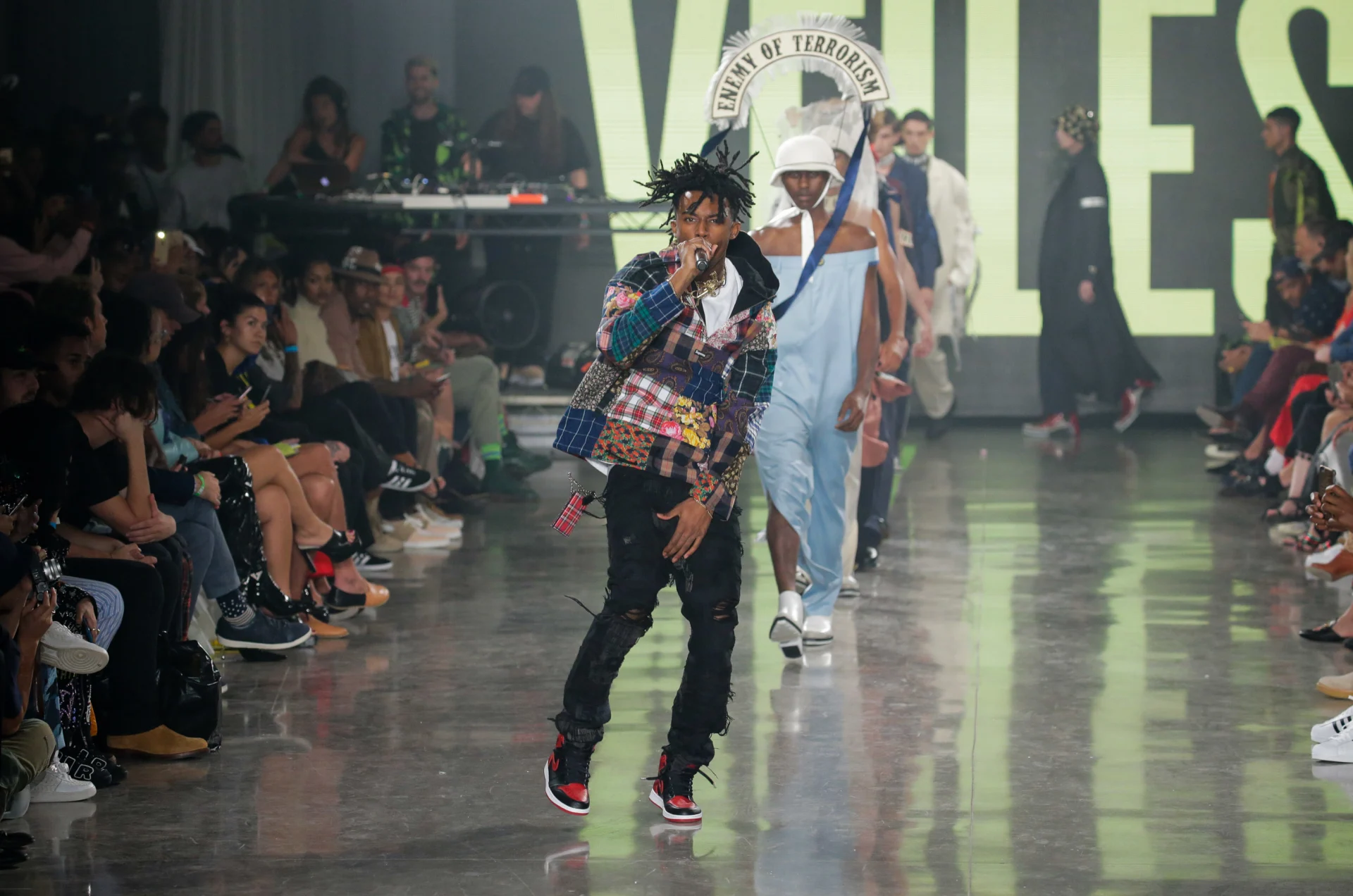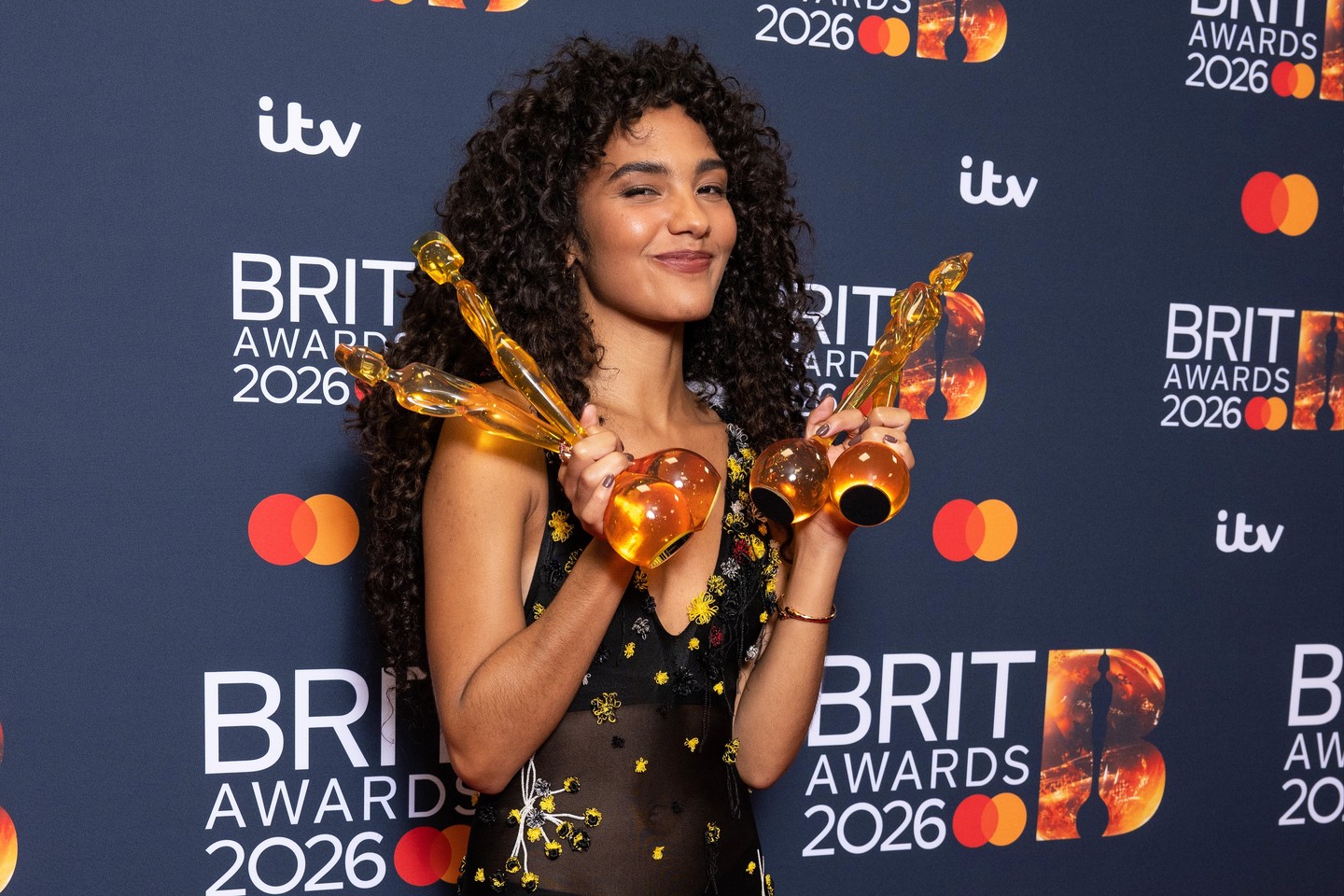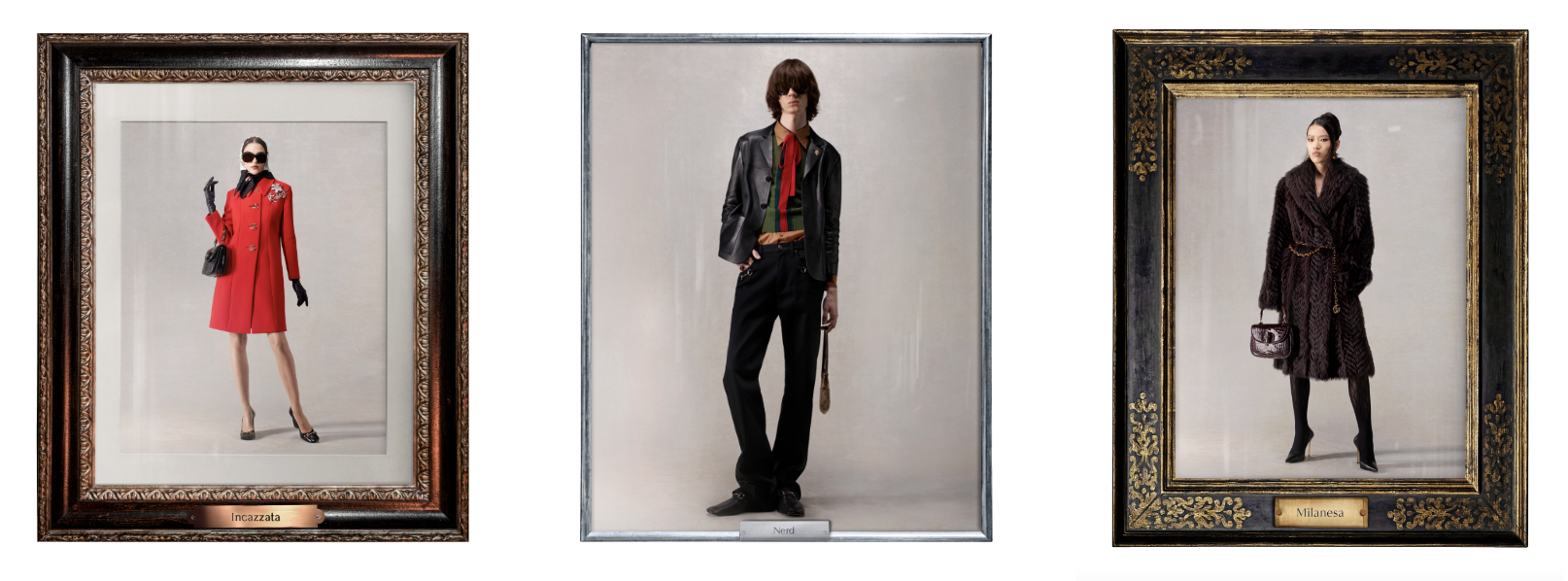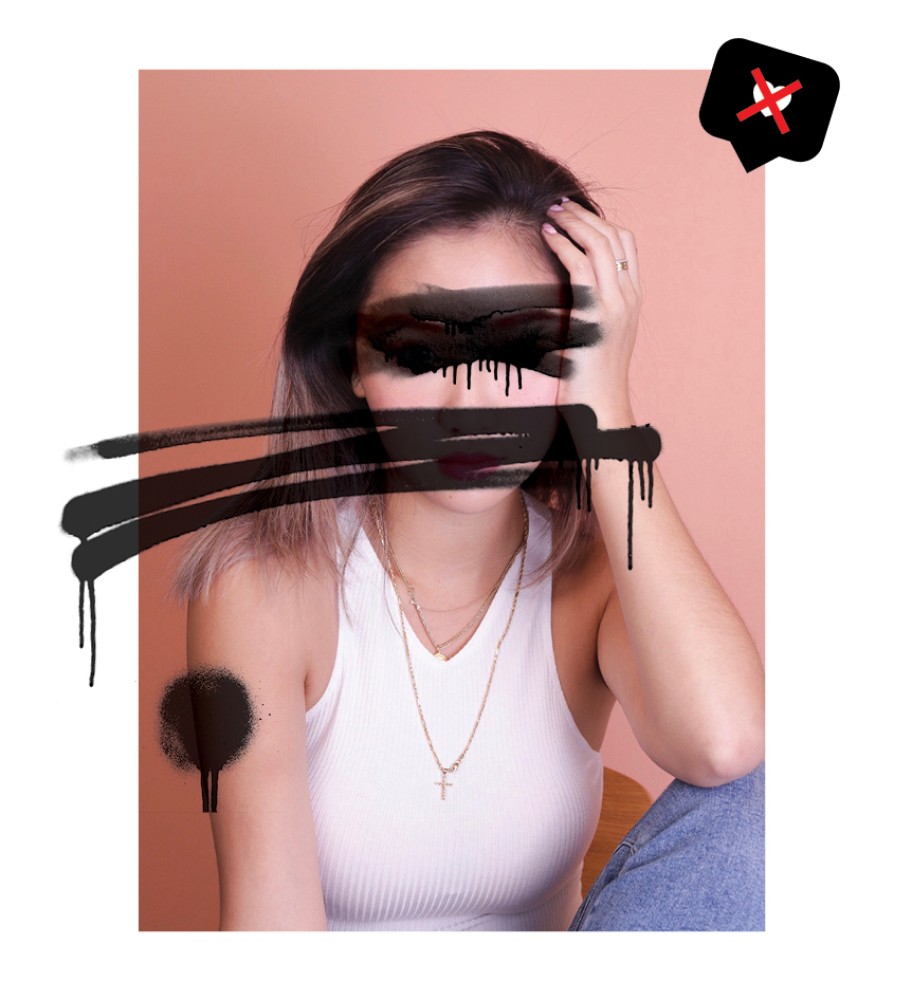
The virtual world – and Instagram in particular – have made it easy
for haters to proliferate. We explored the emergence of cyberbullying among influencers, who are far from immune.
Over the past few years, Instagram has revolutionised the relationship that millennials and Gen Zs have with social media. The platform contains the most interactive functions in a single app, making it the go-to social network to share content, use instant messaging and buy products, among other many other things.
Unfortunately, Instagram also provides powerful tools to spread hate and be cruel to other users. Harassing comments and pictures can go viral in moments and the immediacy of the virtual world makes it extremely easy for people to resort to Instagram for bullying. According to non-profit Ditch the Label’s Annual Bullying Survey 2017, one in five people from the ages of 12 to 20 become victims of bullying on Instagram.
Influencers, whose work is often solely based on the platform as “professional Instagrammers”, aren’t immune. A look at the comments section under many influencers’ posts is enough to realise that being “Insta-famous” isn’t enough to avoid vitriol; in some cases, it can actually become a curse. I came across a substantial number of haters while reading the comments on some of Valentina Ferragni’s (@valentinaferragni) recent posts. The youngest sister of Instagram icon and OG fashion blogger Chiara Ferragni has some 2.7 million followers of her own and has built a presence as a successful influencer in her own right.
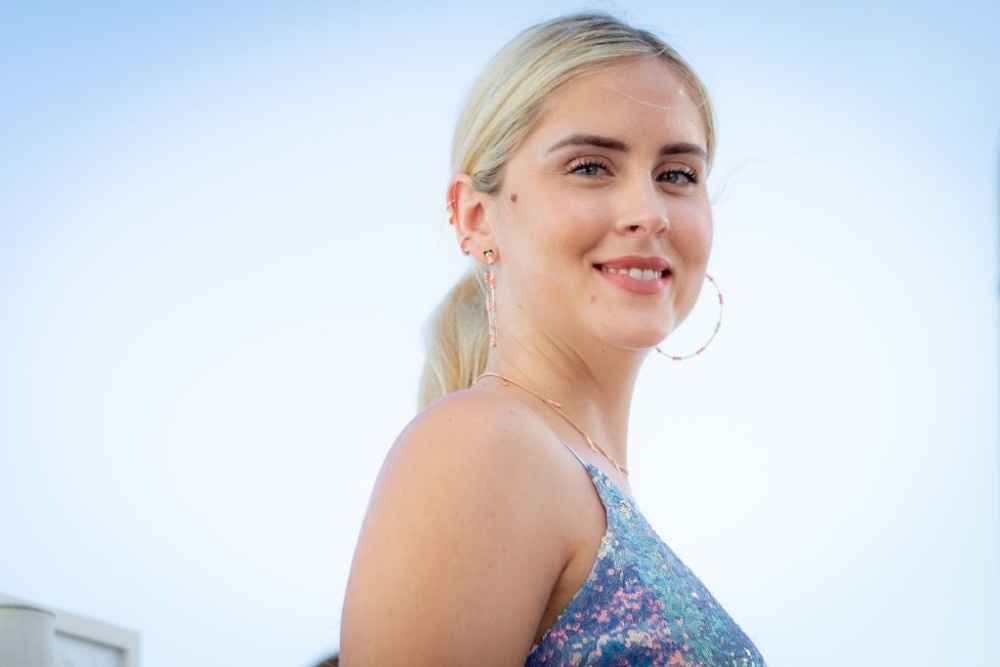
Under most of her outfit posts, I read countless hateful comments, many coming from women who shame her body figure. Among many “offences”, the 26-year-old Italian is constantly accused of not being as pretty as her sister, of “being successful only because of her surname” and of “being too fat to be an influencer.”
In her Instagram stories and in multiple interviews, Valentina Ferragni has turned her haters into one of her biggest strengths, becoming a symbol of anti-bullying on Instagram and of body positivity. However, she has also admitted that it’s not always easy to ignore harassing comments and to constantly be insulted publicly. “I’m sorry that my normality is considered an abnormality,” she said in a recent cover interview with Grazia Italia. “Not too long ago, girls used to see models, all very skinny, and tried to imitate them. Today is not like that anymore; we have to be ourselves. I don’t feel wrong just because I gained some weight… I know that not everyone can like me, but sometimes it happens that someone stops me on the street to take a selfie and they then publish it on Instagram saying ‘Look how ugly she is.’ I wonder why they wanted to take a picture with me – just to insult me?”
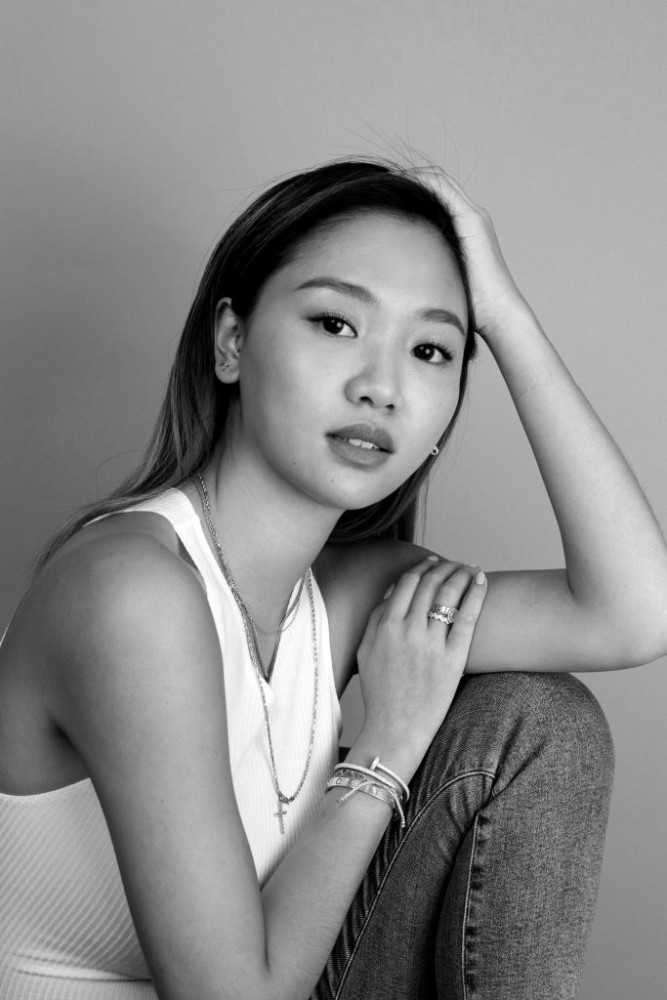
“I don’t want my family to be worried about me and I still don’t want to look at the comments, to be honest… sometimes I just delete my social media for a few days and don’t look at it”
Jenn Lam
While cyberbullying is nothing new and has existed long before the era of social networks, the case of influencers being targeted by haters is specifically related to the popularity and versatility of Instagram and, to a lesser extent, Twitter. Ferragni’s case is unfortunately not isolated – the more I started paying attention to comments, the more I realised how common it is for young Insta-stars to be targeted. Generally, much like followers and enthusiastic engagement, hate comes in waves.
Jenn Lam, professionally known as Pumpkin Jenn (@pumpkinjenn), a Hong Kong-based beauty YouTuber turned all-around influencer with a big local fan base, tells me that her experience with haters started much earlier than her Instagram debut. I had met Lam before; on both occasions, people recognised her and asked her to take pictures. On both occasions, she had also told me about this aspect of her job – being targeted by haters.
When Lam was 19 and started getting approached by brands, she tells me, her fans were disappointed and thought that she was becoming too “commercial.” “I get all kinds [of negative comments], even about my family,” she explains about the negative comments that she gets on Instagram and other platforms. “Because I’m from a single-parent family, they attack me, saying, ‘Oh, you don’t have a dad’, that I’m poor and that I’m trying to pretend I’m from the upper class. Some are about how I look, calling me a prostitute or a slut… really, all kinds of things.”
As a role model for young users, influencers’ popularity and likeability is regulated by a volatile balance between relatability, self-branding culture and access to their personal life. In recent years, Instagram has been trying to cope with the overwhelming number of cyberbullying cases by implementing strategies that should make it easier to report accounts. In a recent interview with Time magazine, Adam Mosseri, the head of Instagram, has also reassured people that the social network will become increasingly sophisticated in automatically shutting down accounts and moderating discussions, and that the company aspires to use AI to eradicate harmful behaviours.
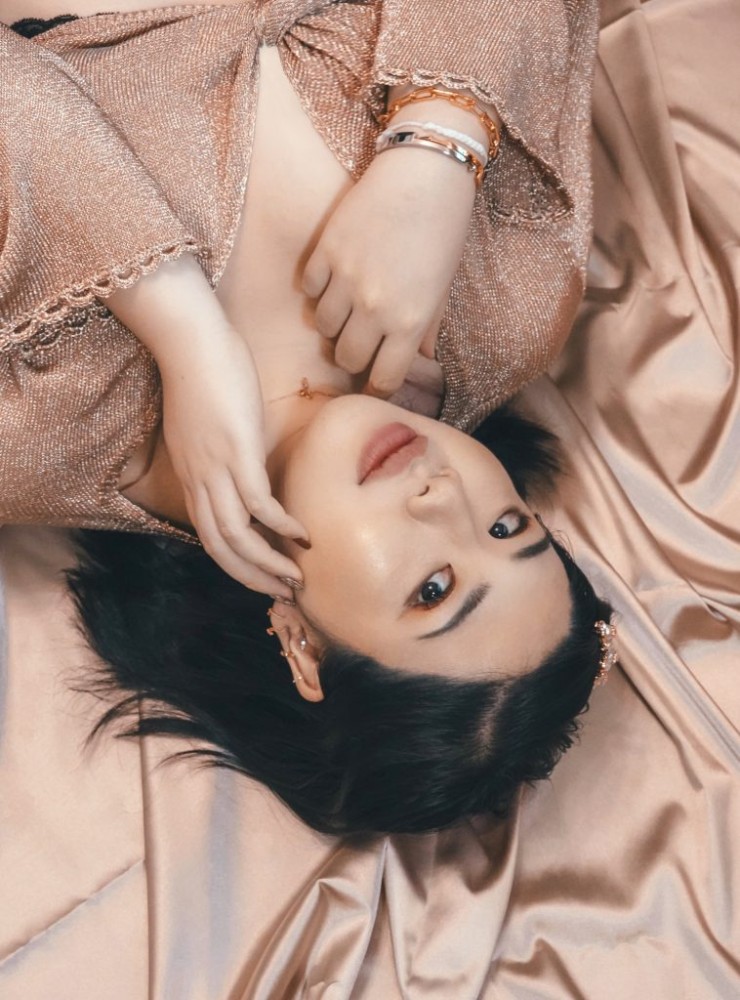
“To be honest, it started ever since I began on YouTube, because I feel like people don’t really have to take responsibility for what they say online and most of them are anonymous – so they can say whatever they want, however they want,” adds Minnie Wong, another local influencer and video creator. “When I first started, because I look a little different from conventional beauty bloggers, people made a lot of mean comments just because of that… Of course, there are also a lot of people who support me and who are super-lovely. But from the very start, people have been commenting on my body a lot.”
Wong started her career when she was only 16; as a teenager, she remembers being very upset about what strangers used to think of her and her physical appearance. She also remembers not being able to sleep or eat because of haters’ comments. “The worst that I’ve gotten is, ‘You are so ugly that you and your family should die.’ I’m still confused as to why someone being ugly should die,” she tells me. “After a while, I somehow started to develop this defence mechanism and started to joke about it… Today, to be honest, my mentality changed, I don’t give a – sorry, I’m about to swear, but I’m just going to hold it back. I don’t care about what they say. I’m just going to give you a shout-out, talking about how mean you are and delete all the comments… I don’t need any negative energy on my channels.”
For Lam, ignoring haters is her most successful tactic in dealing with them. When she was younger, she says, she would try to explain herself. As I talk to her, I realise that she wants to express how grateful she is for her followers and for the success and opportunities she’s been having thanks to them. At the same time, it’s clear that cyberbullying has been a constant downside to her job, almost to the point of making it unbearable at times.
“It still is difficult – I worry about my mom in particular, because she pays attention to my social media a lot. I don’t want her to see those comments and be very upset,” says Lam as I ask her about the strongest repercussions of cyberbullying. “I don’t want my family to be worried about me and I still don’t want to look at the comments, to be honest… sometimes I just delete my social media for a few days and don’t look at it.”
When you grow older, you start to realise that what really matters is how you interpret it and how you see yourself. Just focus on loving yourself, taking care of yourself and being the best version of yourself”
“When you grow older, you start to realise that what really matters is how you interpret it and how you see yourself. Just focus on loving yourself, taking care of yourself and being the best version of yourself”
Minnie Wong
Lam tells me that she gets that as a “normal person”, she’s not expected to get free things and to become famous. She also understands why that can create jealousy or the illusion of a seamlessly perfect and always glamorous life, which in the end is at the very core of a so-called “Insta-life” that’s purely based on appearances. But the balance between being authentic, relatable and pleasing brands, as with many other content-creation professions, can be very hard to strike.
“The more insecure or the more upset you are about your own life, the easier it is to spot other people’s flaws and the more you want to hate on them,” says Wong. “I get it. I’d like to tell people who are victims of this that I really understand how that feels. When you’re younger, you tend to internalise everything that others say about you. Then, when you grow older, you start to realise that what really matters is how you interpret it and how you see yourself. Just focus on loving yourself, taking care of yourself and being the best version of yourself.”
Considering the alarming numbers of teenagers and youngsters being bullied on Instagram, the issue faced by influencers is only a prominent symptom of a much deeper problem. Like Ferragni rightly highlighted before, though she receives a lot of hate, she receives much more love and appreciation. In the case of many non-Insta-famous users, that is unfortunately not the case.
This feature originally appeared on the Sep/Oct 2019 print issue of #legend



